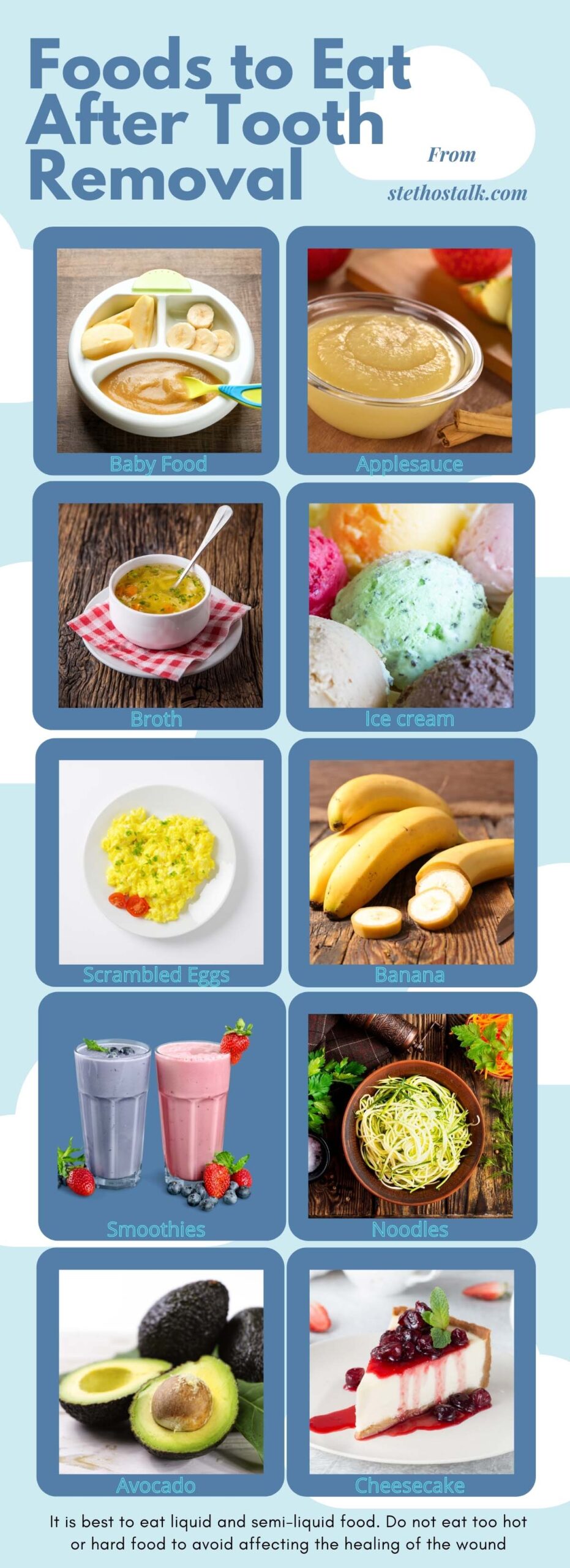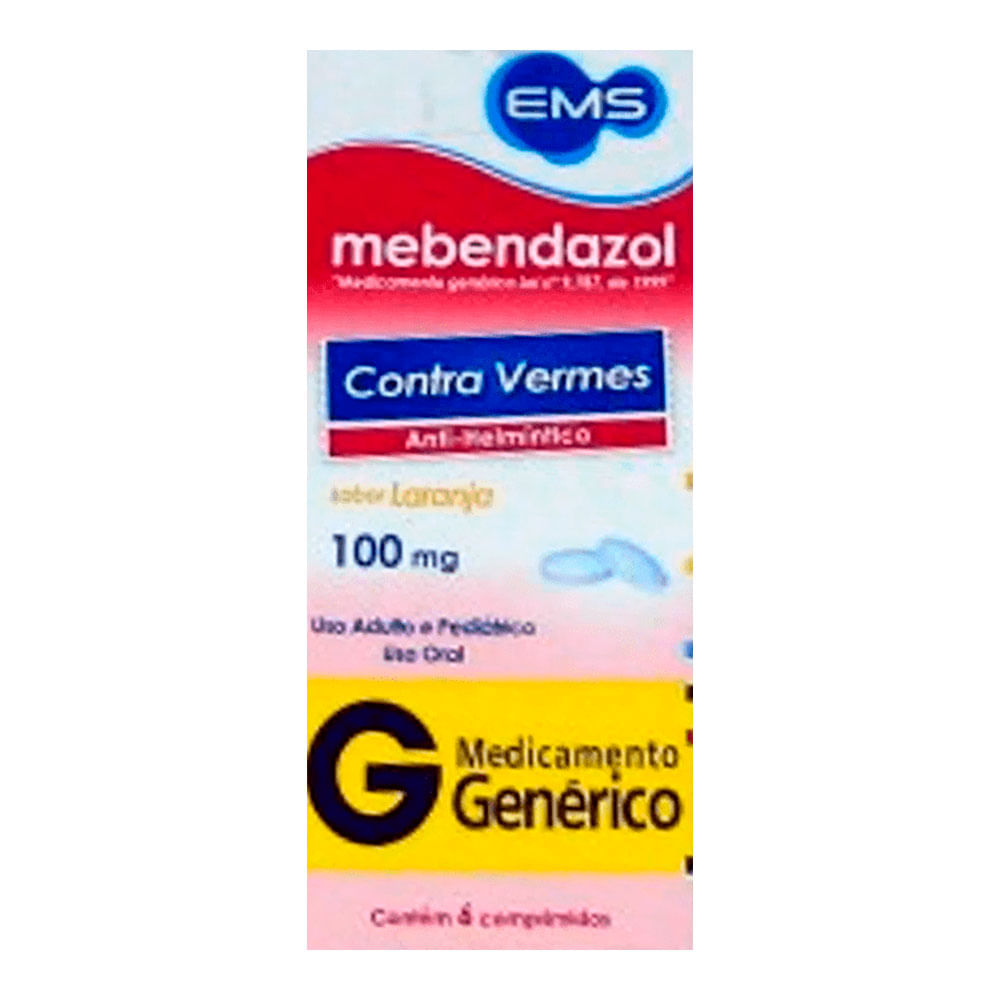After Tooth Extraction Food

The recovery process after a tooth extraction is crucial for ensuring the wound heals properly and minimizing the risk of complications. One of the key aspects of this recovery process is diet. Eating the right foods can help promote healing, reduce discomfort, and support overall health during this period. Conversely, consuming the wrong foods can hinder the healing process, cause undue discomfort, and potentially lead to complications.
Immediate Post-Extraction Diet (First 24 Hours)
During the first 24 hours after a tooth extraction, it’s essential to stick to a soft food diet that doesn’t require much chewing. This allows the extraction site to begin the healing process without irritation. Ideal foods during this period include:
- Yogurt: High in protein and calcium, yogurt can help soothe the mouth and promote healing. Opt for plain, unflavored varieties to avoid any potential irritants.
- Soup: Broths and clear soups are easy on the mouth and can provide essential nutrients without causing discomfort. Avoid soups with large pieces of food or those that are too hot.
- Mashed Potatoes: These are easy to eat and can be a good source of carbohydrates and fiber. Adding a small amount of butter or oil can make them more palatable.
- Scrambled Eggs: Soft and easy to chew, scrambled eggs are a good protein source. Be sure they are not too hot when consumed.
- Smoothies: Made from yogurt, fruit, and milk, smoothies can provide a balanced mix of nutrients. However, be cautious with the temperature and avoid using a straw, as the suction can dislodge the blood clot.
Soft Foods for the Next Few Days
After the first 24 hours, you can gradually introduce more soft foods into your diet. These should still be easy to chew and swallow but can include a broader range of nutrients. Some examples include:
- Cooked Vegetables: Soft, cooked vegetables like carrots, zucchini, and green beans are nutritious and easy on the mouth.
- Fruits: Opt for soft fruits like bananas, avocados, and ripe mangoes. Avoid fruits with seeds or pits that could irritate the extraction site.
- Pasta: Soft, well-cooked pasta can be a good source of carbohydrates. Tomato-based sauces are generally safe, but avoid hot or spicy sauces.
- Fish: Soft, flaky fish cooked in ways that make it easy to chew can be a good source of protein.
- Cheese: Soft cheeses like mozzarella, feta, and cottage cheese can provide protein and calcium.
Foods to Avoid
Certain foods should be avoided during the recovery period because they can irritate the extraction site, hinder the healing process, or cause discomfort. These include:
- Hot, Spicy, or Acidic Foods: Foods that are too hot, spicy, or acidic can irritate the extraction site and cause discomfort.
- Hard or Crunchy Foods: Hard, crunchy, or chewy foods like nuts, chips, and raw vegetables can dislodge the blood clot and hinder healing.
- Sticky Foods: Foods like caramel, toffee, or dried fruits can stick to the extraction site and cause irritation.
- Alcoholic Beverages: Alcohol can interfere with the healing process and should be avoided during the initial recovery period.
Hydration
While food is crucial for providing the body with the necessary nutrients for healing, hydration is equally important. Drinking plenty of water can help keep the mouth moist, reduce the risk of dry socket, and support overall health. However, it’s recommended to avoid using a straw for drinking, as the suction can dislodge the blood clot from the extraction site.
Conclusion
The diet after a tooth extraction plays a significant role in the recovery process. By focusing on soft, nutritious foods and avoiding irritating or hard foods, individuals can promote healing, minimize discomfort, and reduce the risk of complications. It’s also important to stay hydrated and follow any specific dietary advice provided by your dentist or healthcare provider. Remember, a balanced and gentle approach to eating during the recovery period can make a significant difference in how quickly and comfortably you heal.

